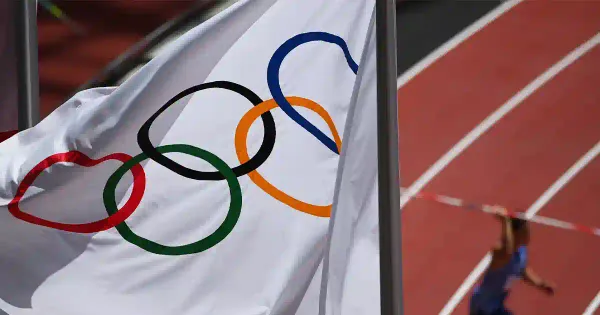In two short weeks, the Paris 2024 Olympic Games will commence, where thousands of athletes from hundreds of countries are going to battle it out for the medal places in a variety of sports. There are many different ways for athletes to qualify for the Olympic Games in their respective sports, but it takes a special effort to get there no matter what.
As per the report from the Bridge, the International Olympic Committee (IOC) sends out invites to all the National Olympic Committees (NOC) a year before the opening ceremony. This leads to the NOC picking athletes from their respective countries before submitting the entries to the IOC, following which the governing body of the multi-sporting games reviews them, to decide who gets the Olympic spot.
Among the multiple options for an athlete to make the Olympics, the most common one is the quota place. In shooting and wrestling, a country wins a quota place and not an individual, which means that the NOC can pick any athlete to represent them at the Olympics based on their recent performances, and not the athlete who grabbed the quota place if they feel that he or she won’t have a better shot at bringing home a medal.
Furthermore, the host country quota places are awarded across sports to the Olympic hosts if they fulfil the athlete and team eligibility criteria.
The world ranking quota is used in tennis and boxing, wherein if an athlete is listed in a particular position, which is inside the cut-off during the time frame specified by the IOC, then he or she makes it to the Olympics. The qualification mark is most common in athletics, allowing the athletes to get past the required qualification mark during any national or international tournament, to secure a berth at the Olympics.
In certain individual and team sports, the qualifying tournaments get hosted for the Olympics, to give the chance to the best athletes and teams to make the multi-sporting games. Meanwhile, the universality quota is created to diversify the Olympic movement, giving a chance to eligible NOCs to send their athletes to a sport where there are only a limited number of athletes performing.
